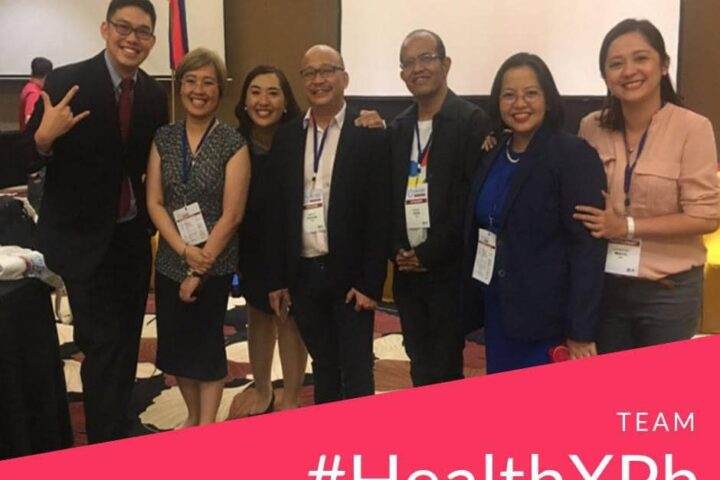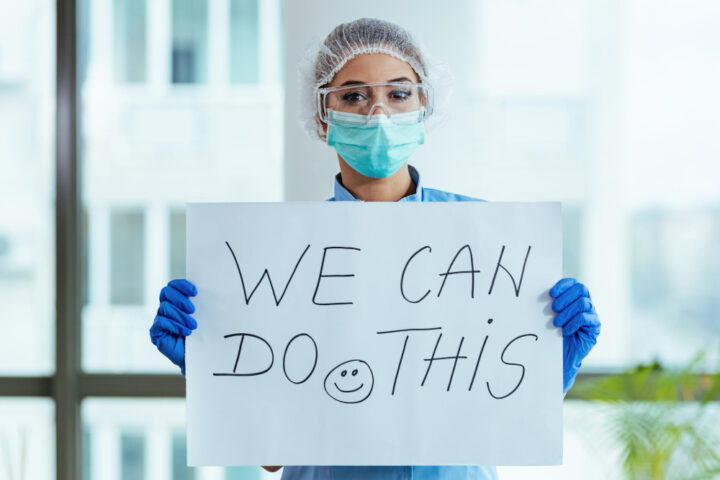Yes. I am for a “universal” health care in the Philippines.
I cannot think of anyone not wanting a “secured” (meaning easily accessible, convenient, and efficient) health care coverage especially at the point of need. Majority (except US until, recently) of developed nations have some sort of universal health care system that protects its citizens.Look at their health indicators as a result of this. All points to a ‘healthier’ population. Simplistic, yes, but then personally I think health care should be that way. Everyone, every citizen should have access to an affordable, efficient and effective health care system
Consider our alternative, our status quo. Access to health care in the Philippines is almost always concentrated on urban communities.Some rural communities have a nonexistent health care system at all! Even then, the burden of providing health care to Filipinos (about 60%) rest on the shoulders of private health care providers. Do we have health care system in place for the unemployed, the disabled, or our aging population? Maybe or partly yes. but are they enough? The sad reality is, those in our country today who cannot afford our health care system is left out to fend for their own when they need some for of health care. Whether “universal” health care is defined as access to an affordable health care system for 90% or above (rarely 100%) of its population, our health care system is not somewhere near those figures. Worst, ours linger in the bottom of those percentages.With our already languishing health care expenditures and doubling population, our per capita health care expenditures per person is getting smaller every year instead of growing.
So, yes, a universal health care system should be in place for the Philippines (one proposal I read) not in paper alone but should radically be implemented. As to whether who (government, private or beneficiaries themselves) should fund or “pay’ this form of universal health care- a single payer, co-payments or multiple payer methods, I would prefer that the government should fund the majority who cannot afford it. Or probably fund the whole universal health care system! Why?
Because majority of Filipinos cannot afford an efficient health care system here. I don’t expect other countries to pay for our health care. So who else? Us of course.
Where will the government get the money to spend on this? Ideally, government revenues and taxation. But looking at our fiscal priorities, health remains at the bottom of this list. I have yet to see our government prioritize budgetary allotment to health and education. Something that bewilders us for years. Taxation?If with the present taxation efficiency, I doubt it. The government is fond of imposing new taxation levies (EVAT, RVAT, road users tax) for specific government programs that all went to someone else pockets. Outsourcing it to some private health insurers (a national insurance like PHIC) helped to some extent, but still majority of Filipinos aren’t covered by such carte blanc health care vis a vis a “wider” health insurance.
From these short analysis, we can see that health care system in the Philippines is intimately intertwined with its political and financial priorities. Corruption ate the trust we Filipinos have for our supposed financial system funding this universal health care system. We need a universal health care system right now, not tomorrow nor the next election. Given that majority of Filipinos cannot afford a health care themselves, the government is mandated by law to priorities health care of its citizenry. That should have long been implemented.
Now all of you reading this, whom do you think in the current candidates have any health care reform agenda? You will be surprised.











